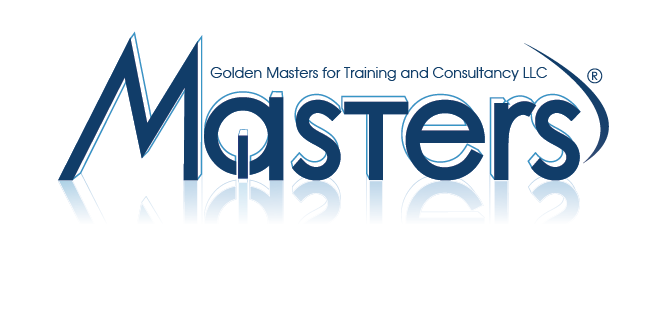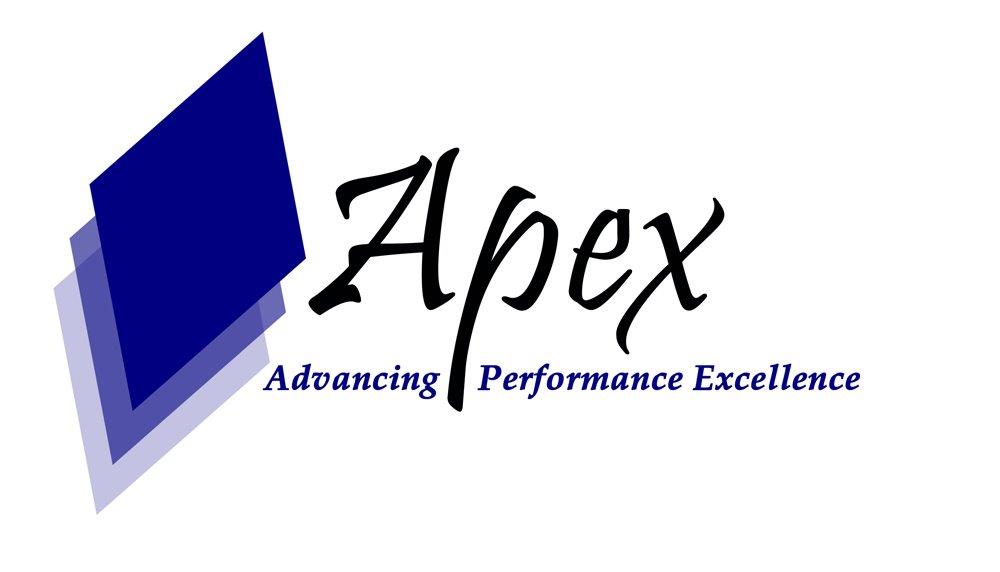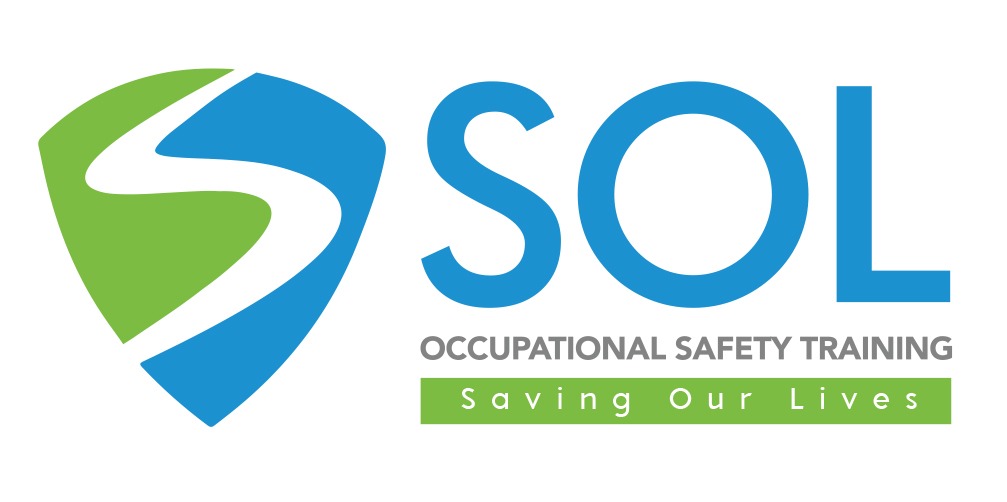With the increased frequency of safety risks and accidents at work sites, there is a growing focus on moving safety from a management driven process to a employee driven process.

Course Description
With the increased frequency of safety risks and accidents at work sites, there is a growing focus on moving safety from a management driven process to a employee driven process. Ensuring employee compliance with safety issues is now becoming part of the induction process of every organization to ensure a stress and hazard-free work environment.
It is now critical to go beyond abstract concepts and concentrate on realistic and feasible safety training for your employees.
Course Certificate
Masters Consultant certificate will be issued to all attendees completing minimum of 75% of the total tuition hours of the course.
Who Should attend?
All stakeholders responsible for ensuring HSE would find this training course valuable, including:
- Head of HSE
- Head of Safety
- HSE Planner
- HSE Manager
- HSE Team Leader
- Safety Superintendent
- Safety Manager/Officer/Engineer
- Risk Manager/Engineer
- HSE Advisor
- Loss Prevention Advisor
- Operations Manager
- Operations Superintendent
Course Outline:
Day One: Review Of Behaviour Based Safety Models – Selecting The Most Effective Implementation Strategy
1. Revisiting the principles and the basis of Behaviour Based Safety
- Revisiting the brief history of BBS
- What comprises a behavioural safety programme? Facts, fiction and fallacies
- The psychology of behavioural approaches relative to traditional approaches
- Defining the fundamentals and benefits of Behaviour Based Safety (The 10 BBS Principles)
- Assessing strengths and weaknesses in an existing process
Case studies on successful and unsuccessful implementations of BBS
2. Implementation and integrating strategy of BBS with existing HSE systems
- Participant Activity #2 – Defining your company’s safety vision
- Assessment strategy to define your readiness for BBS implementation
- Understanding change and its impact on BBS implementation
3. The Effective BBS Implementation Model – the S.A.F.E. approach
- Spot: Identifying critical behaviour
- Accumulate: Gather observation data
- Feedback: Provide constructive feedback
- Evaluate: Use observation data for problem solving
4. Incorporating the Process/Systems/People framework
- Timelines and milestones for BBS implementation
- Integrating BBS into the overall strategic plan for HSE
5. Securing leadership & workforce buy-in to the BBS initiative
- How to maximise managements’ role in safety using behavioural management concepts
- Defining the most effective campaign communication process
Day Two: Sustaining Your Behaviour Based System
6. Ongoing management of your Behaviour Based Safety framework
- Reviewing the current models for sustaining BBS and implementing the most appropriate model for your industry
- Defining critical roles to drive behaviour based safety
- Observation/Rectification/Communication operational approaches
- Defining the 30+ essential areas of concern
- Positive coaching and one-on-one forms of influence – counselling & mentoring
7. Positively engaging your workforce & contractors to drive BBS
- Strategies to break through cultural resistance to BBS
- The use of behavioural principles to sustain behavioural changes
- Securing workforce and contractor engagement for BBS
- The C.O.A.C.H. Safety Management Process (Care, Observe, Analyse, Communicate, Help)
- Use and abuse of rewards and recognition
- Challenges and solutions to implement BBS within a multicultural environment
- Positive and negative reinforcement theory of BBS
Case studies on successful and workforce/contractor engagement
Participant Activity #4 – Implementing the tools and instruments of BBS
Day Three: Measuring & Optimising Your Behaviour Based System
8. Performance measurement of your BBS framework
- Defining proper metrics to monitor and measure standard of BBS
- Behavioural based observation methodology
- Why use a Critical Behaviour Checklist (CBC)
- The development of Critical Behaviour Checklist (CBC)
9. Statistical analysis of observation
- Building key steps in BBS process implementation:
- The 10 Steps
- The 5 Key Phrases
- The 18 Activities Cycle
10. Benchmarking your BBS effectiveness
- Critical Success Factors in BBS Data Collection
- Critical Success Factors in BBS Implementation
- BBS process area work team’s responsibility - Drawing conclusions
Day Four
11. Continuous improvement and optimisation strategies of your BBS framework
- Identifying improvement opportunities through diagnostic assessments
- Expanding the principles of BBS to encompass other areas of the business
- Strategies to continually improve the BBS implementation framework
Day Five
Participant activity #6 – Course post mortem and group discussion on Continuous Improvement
- Planning your BBS implementation/improvement programme
- Defining project time frames and milestones
Masters Training Company was established in response to the growing need for quality training to support the business community within your Company, Department or Organization by providing a high standard of Training Programs, Courses, Seminars, Workshops and Consultancy Services to employees in a very competitive business environment.
Masters is also an approved vendor from KHDA & ILM
(Institute Review)
55 years ago(Institute Review)
55 years ago
Due to the increases in transport volume and additional environmental factors, the demands on drivers of heavy goods vehicles are now much more complex and challenging than in the past. In order to provide stimulus for further reducing the n

Behavior Based Safety Training is a positive approach toward safe work culture.

This training will teach you about understanding the effect of employee’s behavior in workplace injuries and illnesses and initiating actions that are people-focused. You will learn about the importance of individual or group observation as

The course takes a systematic approach, examining the motivation underlying behaviors, in order to increase safe behavior.

This training will give you useful knowledge of Behavioral psychology to the candidates. Here, you will learn about the underlying concepts and understanding of safety and acquire the ability to analyse human errors along with the skills to
© 2025 www.coursetakers.ae All Rights Reserved. Terms and Conditions of use | Privacy Policy